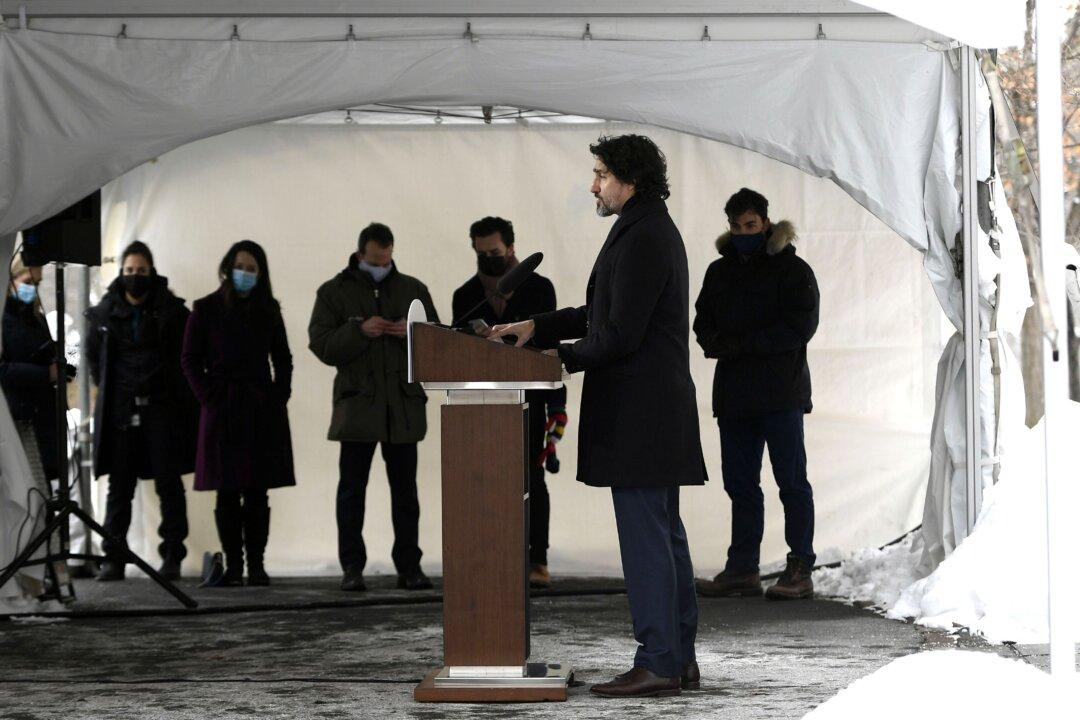Prime Minister Justin Trudeau’s motivation for proroguing Parliament last summer in the midst of the WE Charity controversy was for political reasons, a parliamentary committee meeting heard on Jan. 28.
“The decision to prorogue … was purely for political reasons and not anything else,” said Conservative MP Tom Lukiwski, a member of the Standing Committee on Procedure and House Affairs.





